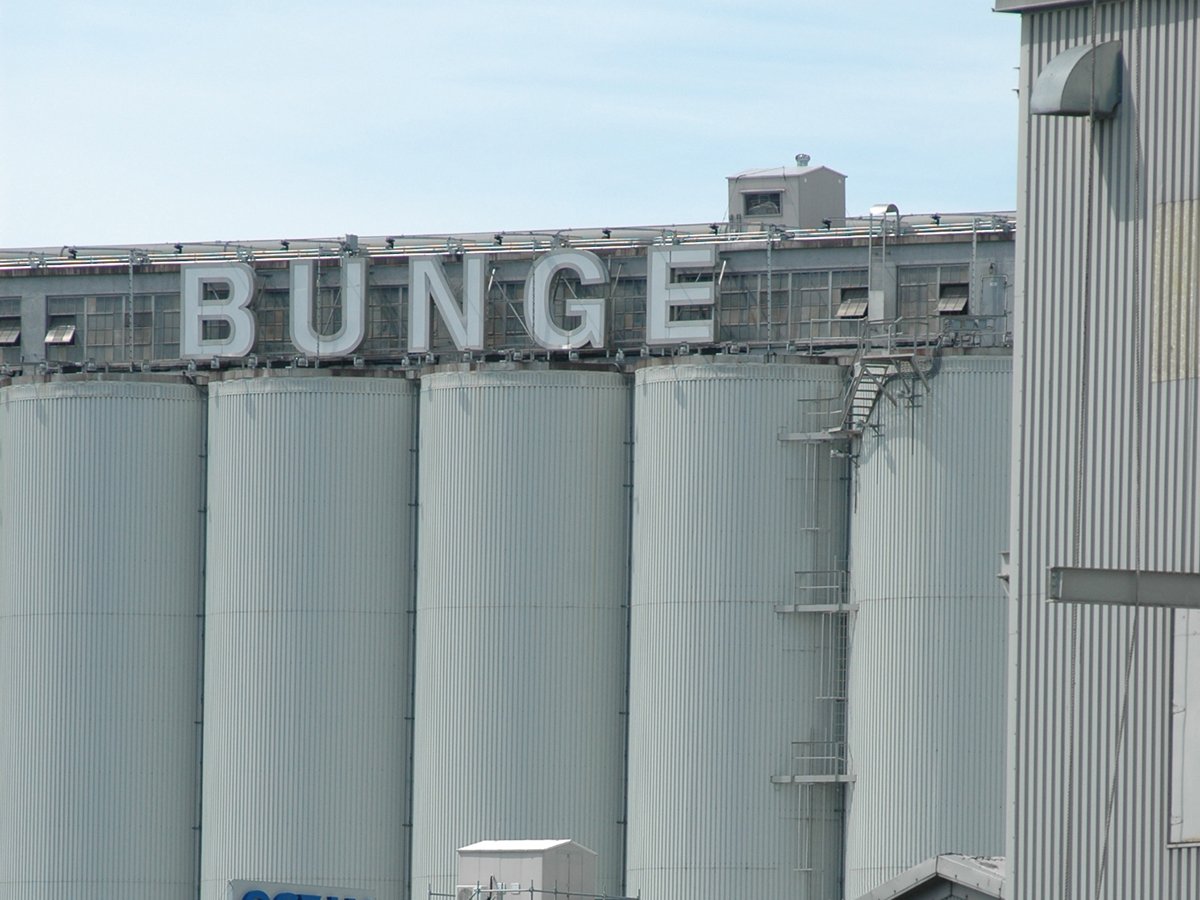Under new rules, financing must be made through a registered Canadian financial institution or resident
The Saskatchewan government has tightened farmland ownership rules, saying the restrictions will benefit young farmers and new entrants.
However, a finance company that has appealed a court decision that found it couldn’t lend money to young farmers because its capital comes from foreign investors says the restrictions will limit farmers’ options. The appeal is set for mid-December.
Amendments to the Saskatchewan Farm Security Act were introduced Oct. 20 following the earlier release of the results of online consultations conducted over the summer. The vast majority of respondents were opposed to institutional investors and foreign investment.
Read Also

Bunge’s crop mix is changing
Bunge has predominantly been a soybean processing firm, but that’s about to change after the merger with Viterra with softseed processing and grain merchandising gaining ground.
The amendments will make pension funds and those who administer them ineligible to buy farmland.
They define “having an interest in farmland” to include any type of benefit associated with owning the land, such as capital appreciation.
As well, financed purchases must be made through a registered Canadian financial institution or a Canadian resident.
“There are fears that the connection to the land … the foundation of Saskatchewan as a province, farmland, is being sold to those whose livelihoods do not depend on it,” said agriculture minister Lyle Stewart during second reading debate in the legislature.
“The people of Saskatchewan told us what they thought regarding farmland ownership and we listened. We are making changes that will keep farmland accessible to Saskatchewan’s farmers and ranchers.”
Skyline chief executive officer Mark Reineking said limiting who can lend money to farmers and ranchers is unfortunate.
He said Skyline’s business model was designed after hearing the concerns of young farmers about their capital needs. As well, he said Skyline is a registered Canadian financial institution and as such qualifies to lend money under the legislation.
The company has capital sources similar to the large banks, which also receive funds from outside Canada.
“With the banks being public companies, they have a significant number of non-Canadian shareholders. Skyline is often said to be ‘foreign,’ but we are as Canadian as any of the other financial institutions,” Reineking said.
The company says farmland would be acquired and owned by the farmer under the Skyline model, and capital appreciation is attributable to the farmer.
Stewart would not comment on Skyline because of the pending court appeal.
The amendments will also give the Farm Land Security Board more tools to enforce the act.
“They can request any potential purchasers to complete a statutory declaration which spells out … who they are and (that) they have proper status to be doing this,” Stewart said.
The board can also request proof from potential buyers that they or their entity are eligible.
“Now the Farm Land Security Board won’t have to chase them around the globe to find out where the money is coming from and if they’re really eligible to purchase,” Stewart said.
Fines for contravening the legislation will increase from $10,000 to $50,000 for individuals and from $100,000 to $500,000 for corporations. The board will also be able to apply administrative penalties up to $10,000.
Meanwhile, the province won’t ask the Canada Pension Plan Investment Board to sell the 115,000 acres it bought.
“It was deemed to be a legal act at the time they made the purchase,” Stewart said.
“They can’t continue to purchase more.”
That purchase, along with ongoing rumours about Chinese money being used to obtain land, touched off the controversy over ownership and led to the online consultation.
Stewart said the amendments don’t substantially change the 2002 act, which opened up more Saskatchewan farmland to Canadian residents and companies, but it spells out policies that were previously implied.
The amendments will take effect in the new year.















